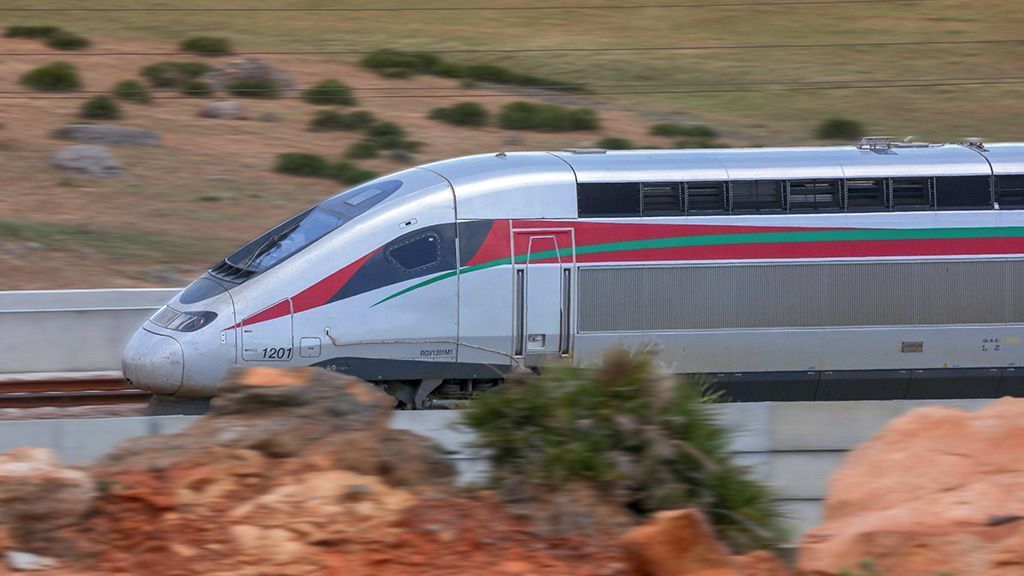What About the High Speed Rail Congress
What themes will be debated during the Congress?
The Congress moto "HSR, the right speed for our planet" discloses the main theme of the Congress. Most of the plenary sessions will broach this subject either from the environmental point of view or from the socio-economic point of view. More precisely, with the energy crisis some people may question the necessity to run so fast. Slower speeds would reduce the energy consumption, but also all the costs including the investment costs. The flip side would be the reduction of the train attractiveness which would convince less passengers to shift from road or air to rail with less reductions of CO2 emissions than expected.

Philippe Lorand
Senior Advisor - High Speed Rail Passenger UIC
Which perspectives for high speed at the global level? And which perspectives for high speed in Africa ?
UIC will demonstrate through its statistics and its HS Atlas, that the high speed lines which are presently under construction and which will be commissioned during the next 5 years represent about 30% of the existing HS network under operations. This means that the HS activity will continue its growth without stepping down. Africa was born to HSR only 3 years ago with the Tangiers Kenitra HS line. This commercial success will boost the expansion of the network in Morocco. Other African countries are looking at this first experience, especially Egypt who has started a HS project. The 2063 agenda is very ambitious about the creation of a network linking most of the great cities of the African continent. The Congress has planned to give a broad audience to many African speakers who, now, knock at the HS door.
What are the main challenges that high speed will have to meet in the times to come?
The three biggest challenges will come from the scarcity of public funds, the competition of the virtual mobility and the competition of road transport. The world crisis of energy along with the climate change, after the covid pandemics, have been disruptive for public investments whereas rail needs to be supported by them. The COVID crisis has accelerated a trend towards remote work and companies are keen to save costs with an intensive use of the various tools which have been developed for non physical meetings.
At last, the car has always been the most important competitor to train although it is not safe, not environmentally friendly and not cheap. Twenty years from now all these inconveniences will disappear because the car will turn into a clean and autonomous means of transport at the same time its ownership will be replaced by a transport service in which most of the costs are shared by many users.
This vision may happen only in a few decades from now, but this is exactly the horizon that stakeholders consider when they invest in rail which is characterised by a long term return. It is not by ignoring the threats that rail can be protected against them; it is rather by considering them that we can pave the way to a future where rail keeps and even consolidates its relevance.




